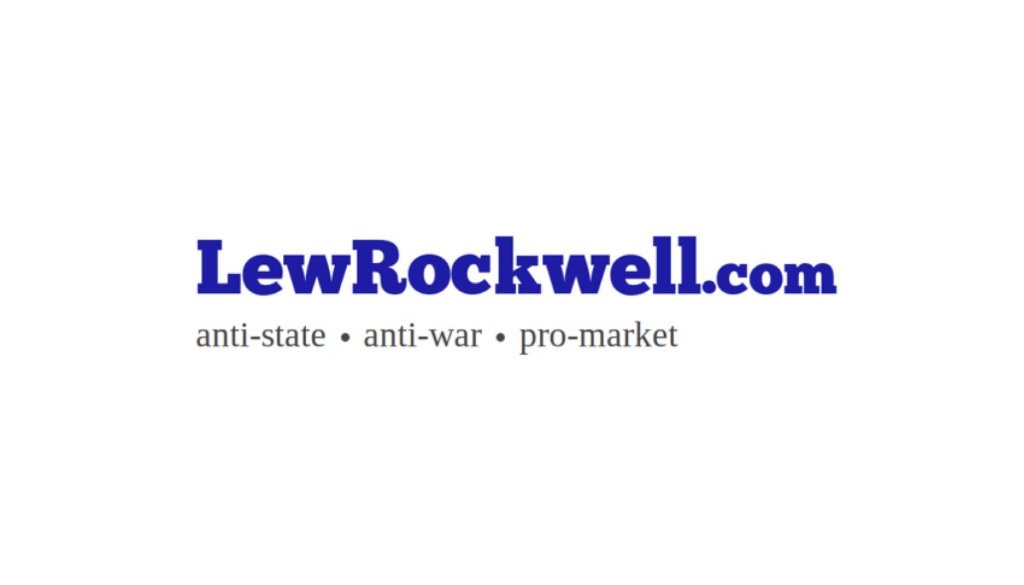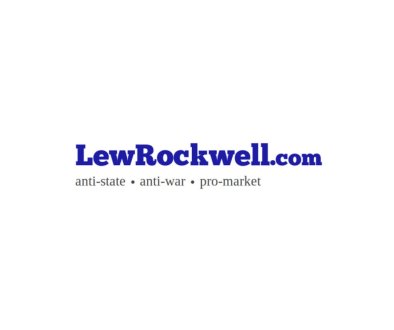Three Choices, None Good
The moral rot of unlimited debt looks “free” but it’s unaffordable in the end.
We like to think we’re special and this moment in history is special, but alas, we’re still running Wetware 1.0 which was coded between 300,000 and 60,000 years ago, when the last “out of Africa” migration finally got traction. Since then, the code has been tweaked a bit here and there (adults can now digest dairy products, etc.), but we’re running the old code, and so we make the same mistakes and follow the same emotional pathways as individuals and as groups.
Which leads us to our current predicament, which is not unique: we’re living on debt, “money” borrowed from the future, a future we’re assuming will be so over-supplied with energy and other goodies that we’ll be able to pay all the interest we’re piling up with ease.
All the charts below are shouting “parabolic,” as in crazy-unsustainable increases. There’s the federal debt, $36 trillion, up 4X from the 2008 spot of bother, there’s TCMDO, total public and private debt (McMansions, university degrees and SUVs all paid for with debt), student loans from zero to $1.5 trillion, Medicare and Medicaid, now 1/3 of the federal budget, and so on.
How did we get here? Let’s start with what’s not taught in Econ 101: primary surplus. Every economy–from households to empires, meaning this is scale-invariant–generates a surplus from its production of goods and services, or it runs a deficit, meaning it has to get more money from somewhere to support its consumption.
The question then becomes, how is the primary su
Article from LewRockwell

LewRockwell.com is a libertarian website that publishes articles, essays, and blog posts advocating for minimal government, free markets, and individual liberty. The site was founded by Lew Rockwell, an American libertarian political commentator, activist, and former congressional staffer. The website often features content that is critical of mainstream politics, state intervention, and foreign policy, among other topics. It is a platform frequently used to disseminate Austrian economics, a school of economic thought that is popular among some libertarians.




